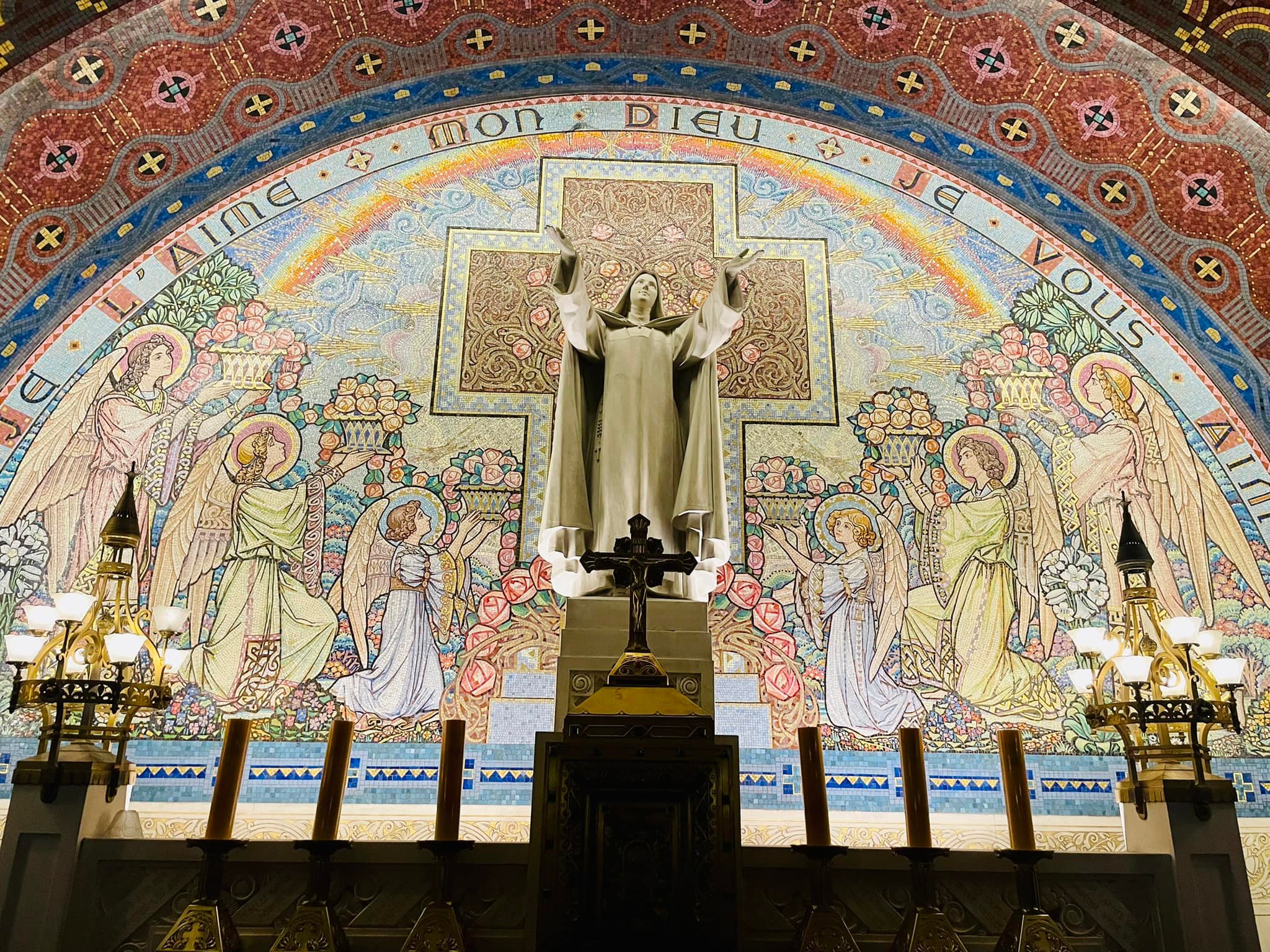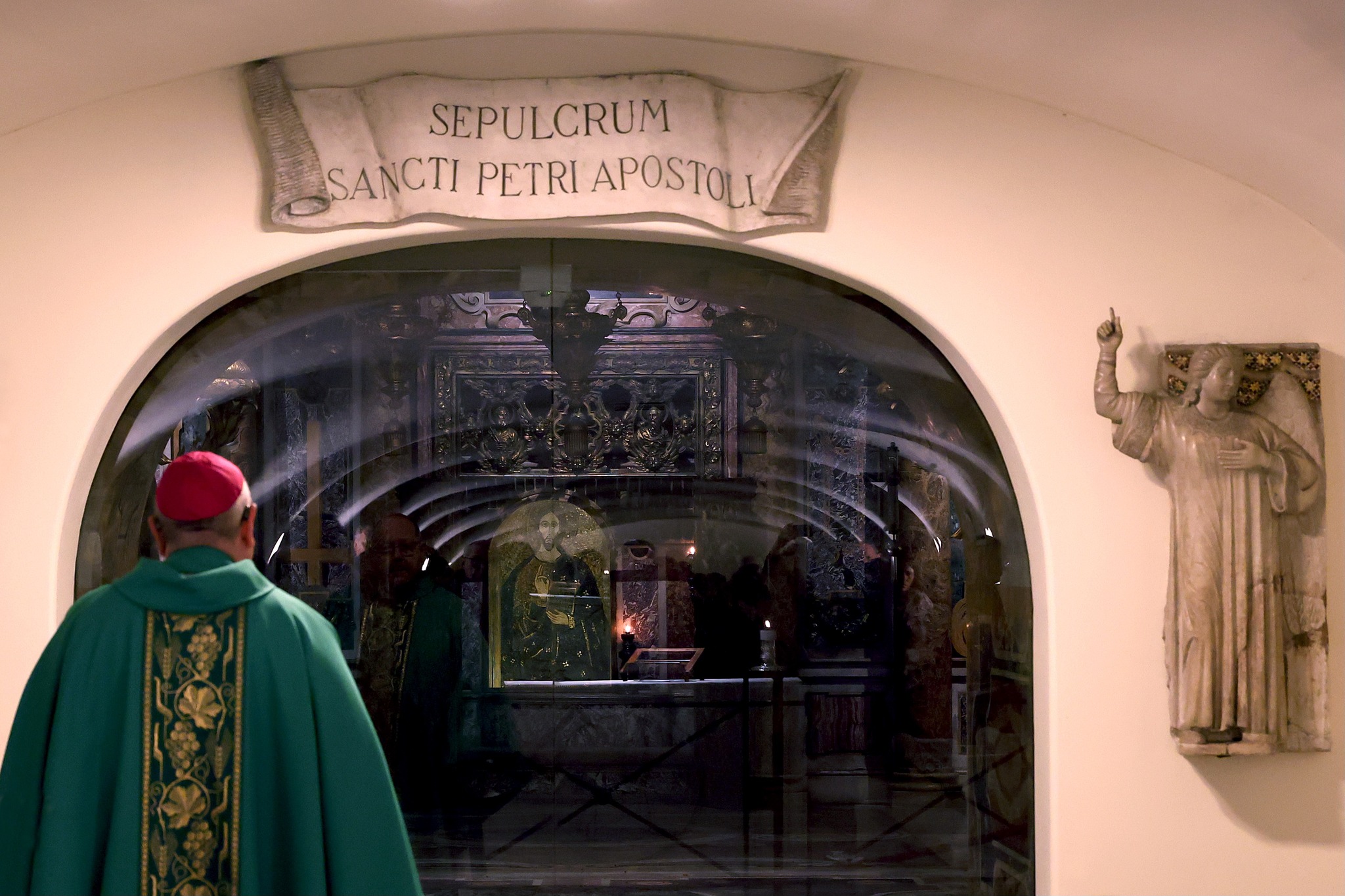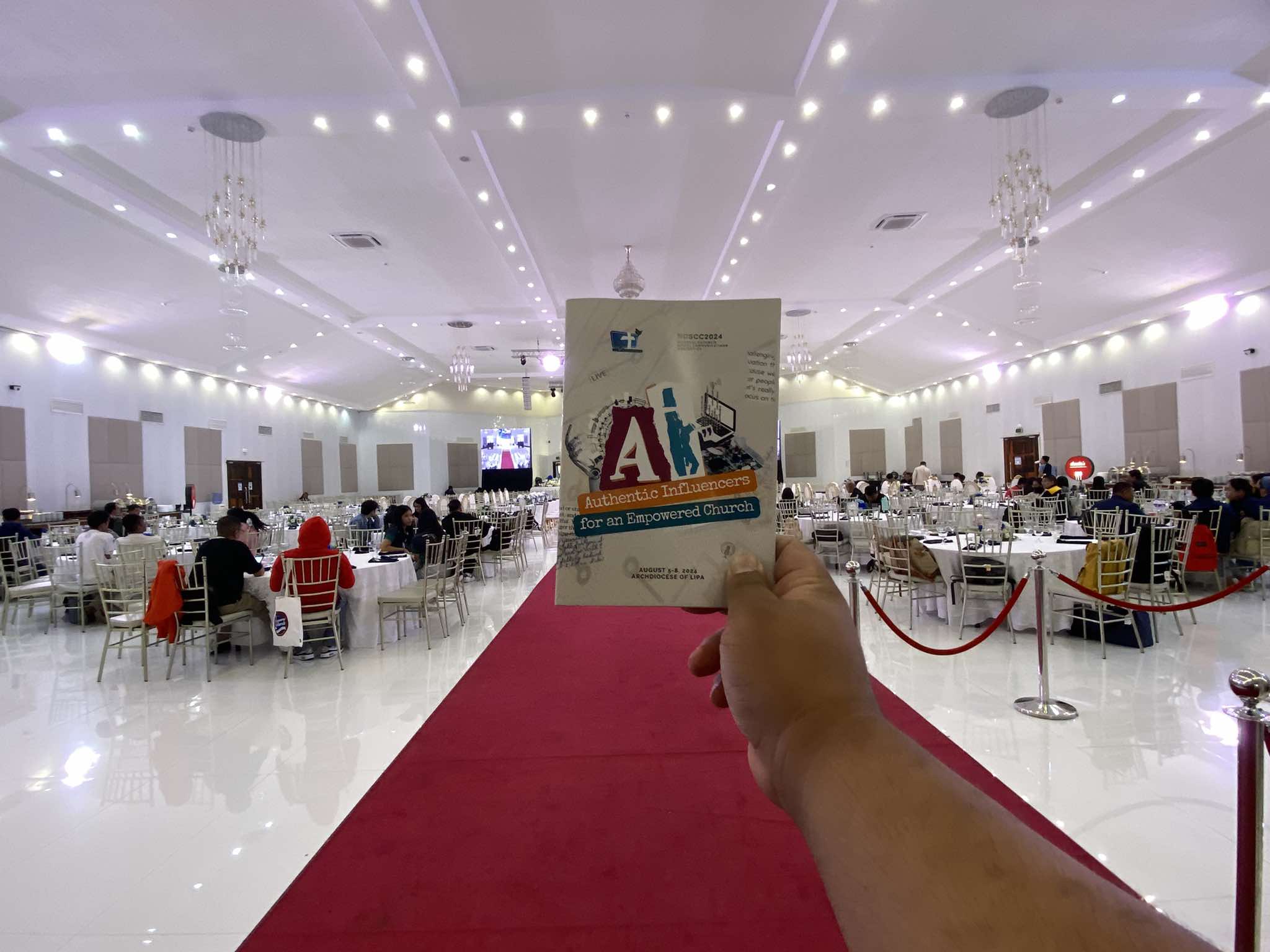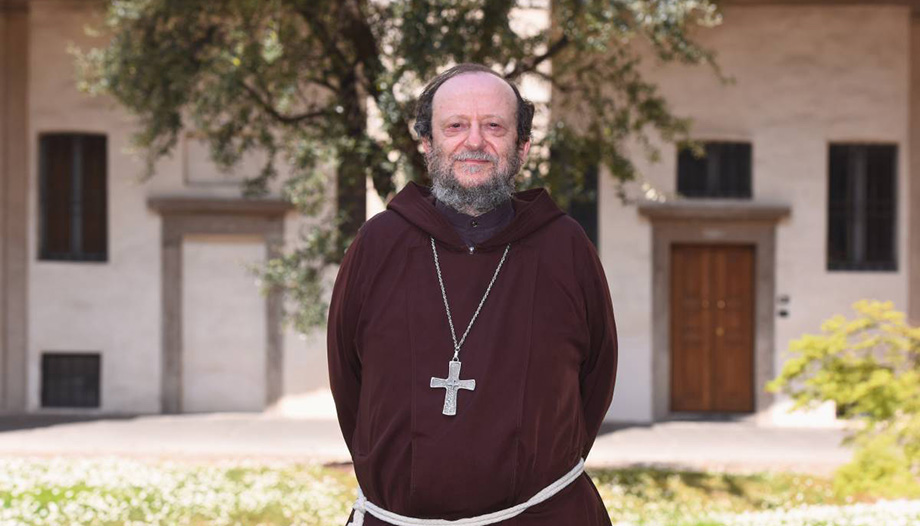A few days ago, the Holy See published an extensive document on artificial intelligence. The title, in Latin as usual, is “Antiqua et nova”. This technology is still in the dazzling phase typical of any innovation. The printing press was a revolution! The railways, too! And the electric light, the telephone, the radio, the automobile, the airplane, the calculating machine! Sometimes newness leads to confusion, especially when compared with common experience. In the 19th century, when a steam train completed its maiden voyage, charitable hands covered with blankets the machine, “sweating and exfoliating”, to prevent it from catching cold. The telegraph was another amazement. You would touch a key and, from across the street, through the wires, the machine would make clicks. Edison explained this transmission at distance with the image of a very long cat: you step on its tail and it meows at the opposite end. The impact of major innovations is enormous. How is it possible to talk at a distance? Or travel through the air? Or, so many things?… But the surprise is short-lived, the thing becomes trivial, and children soon consider it is normal for the fridge to be cold, or the light bulbs to give off light.










